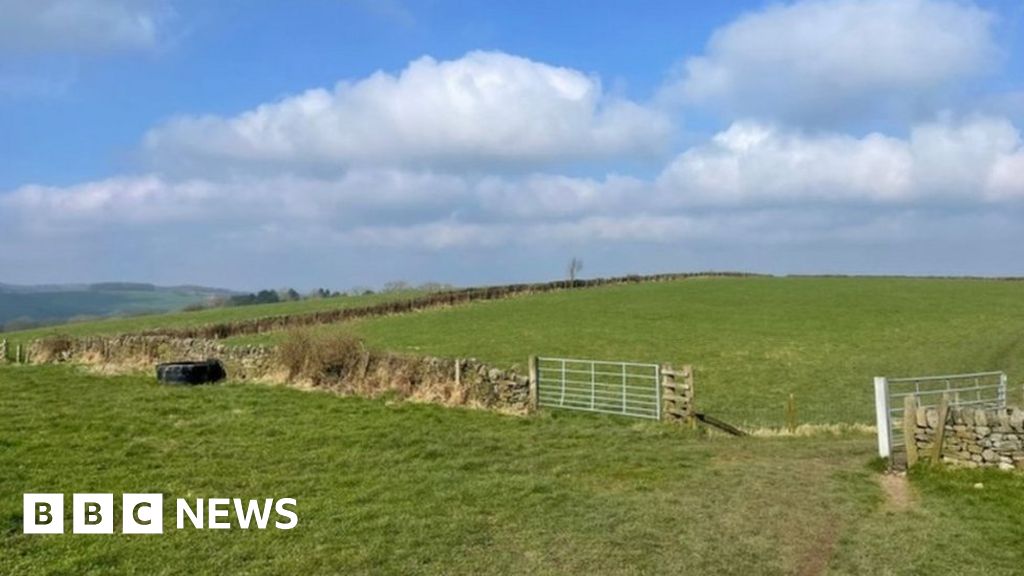- Location
- Carmarthenshire, West Wales

Wildlife campaigners buy Derbyshire farm to return it to nature
Common Farm will be rewilded to encourage kestrels, bumblebees and butterflies.
www.bbc.co.uk

Yes floodings getting worse due to climate change according to wildlife groups and nothing whatsoever to do with the rivers and ditches being blocked through lack of clearance/maintainance work etc.Well, according to all the “wildlife crisis” propaganda, wildlife is in a perilous position currently, so if anything, the proliferation of single interest wildlife charities could be directly correlated to this decline. 🫠
The doctor doesn’t want the patient to get wellWell, according to all the “wildlife crisis” propaganda, wildlife is in a perilous position currently, so if anything, the proliferation of single interest wildlife charities could be directly correlated to this decline. 🫠
Doctor can't afford for the patient to realise they are well already.The doctor doesn’t want the patient to get well
How's the wildlife faring where the immigrants are coming from?I tell you what, immigration has increased and wildlife has allegedly decreased.
Answer is to stop all immigration at any cost…..
Rabbits in Oz and gorse in NZ be 2 non pet introduced species done with intentions of feeding/fencing that later caused issues.I should have added that for wildlife/flora to flourish, you not only have to remove humans, but also the "pets" and introduced animals that they took with them to the new worlds? Anyone on here reading this from australia, newzealand care to comment on humans "pets" ie cats, dogs and the effect they have on the indiginous wildlife, of both australia and newzealand and the actions, steps being done to control these "pets"?
What they mean is they are going to milk the taxpayer for every penny they can.A very large farm has just been sold in Cornwall off a guide price of £10,000,000. It has been sold to 'Oxygen Conservation, who own and manage multiple estates across England and Scotland'. 'There mission is to tackle the climate crisis and biodiversity collapse by protecting and restoring natural processes'.
Hmmm.
I think a few Africans & Asians settled in the US & South America too.Ffermer Bach, these "people" need to be "educated"? First made to watch the tv programme called "digging for britian" which shows/illustrates well, that most of the UK and europe has been settled, managed controlled, shaped by humans for thousands of years, that includes the "wild life" now if they want to see the "wilderness" they need to look further to other lands and countries, where man has up to now not shaped controlled the land and it s animals, these rapidly shrinking areas are not populated with humans? If you want "wild animals and floria to flourish, and reindroduce "extinct" animals, you have to remove humans? Common sense? tells one, that the reason these animals were hunted.controlled to either extinction or near was humans and there settlements, a recent example is the herds of bison on the great plains of the USA, almost within living memory they were killed,hunted, to almost extinction, why? So as humans, (most from europe) could migrate settle and farm these vast areas? School boy history?

